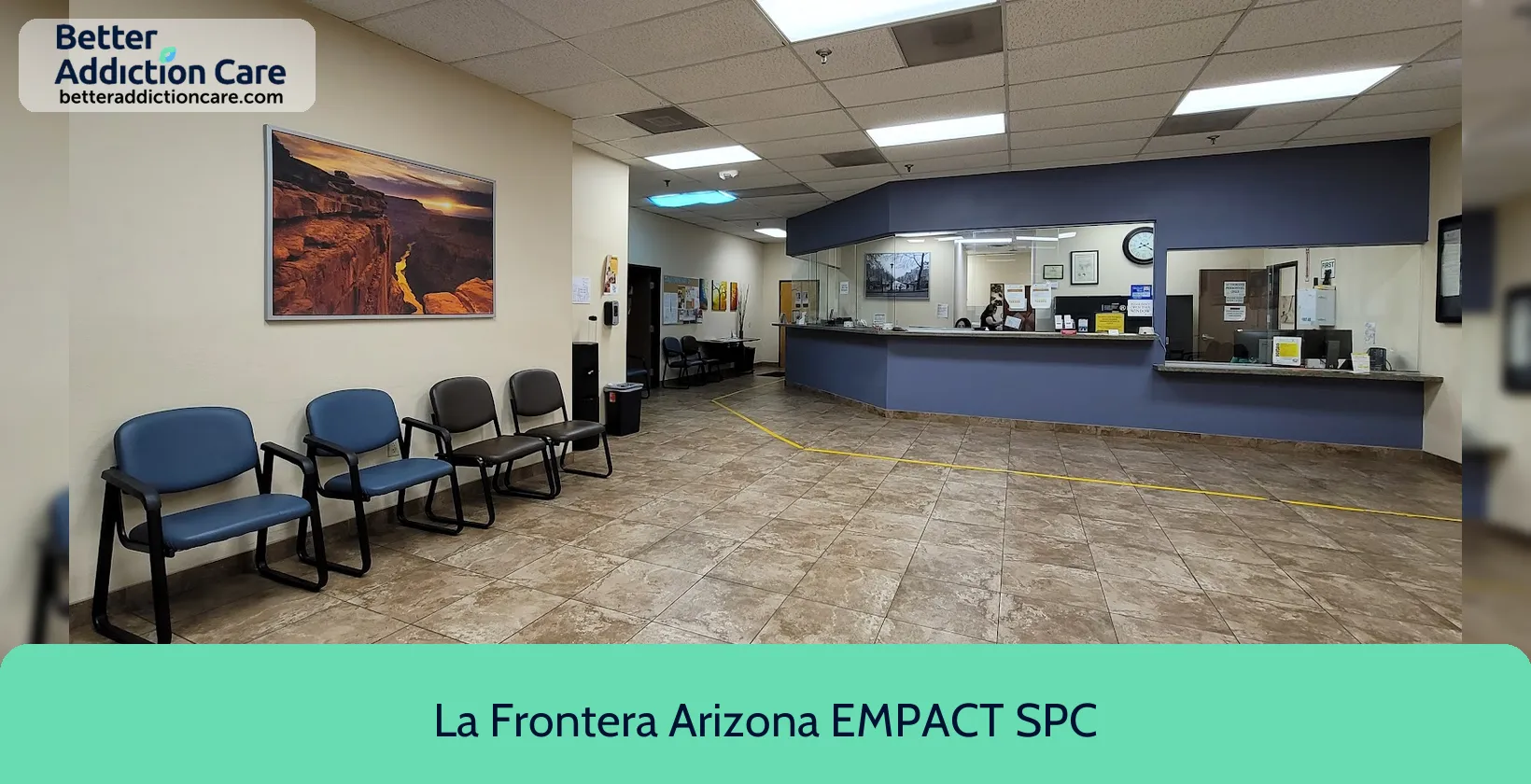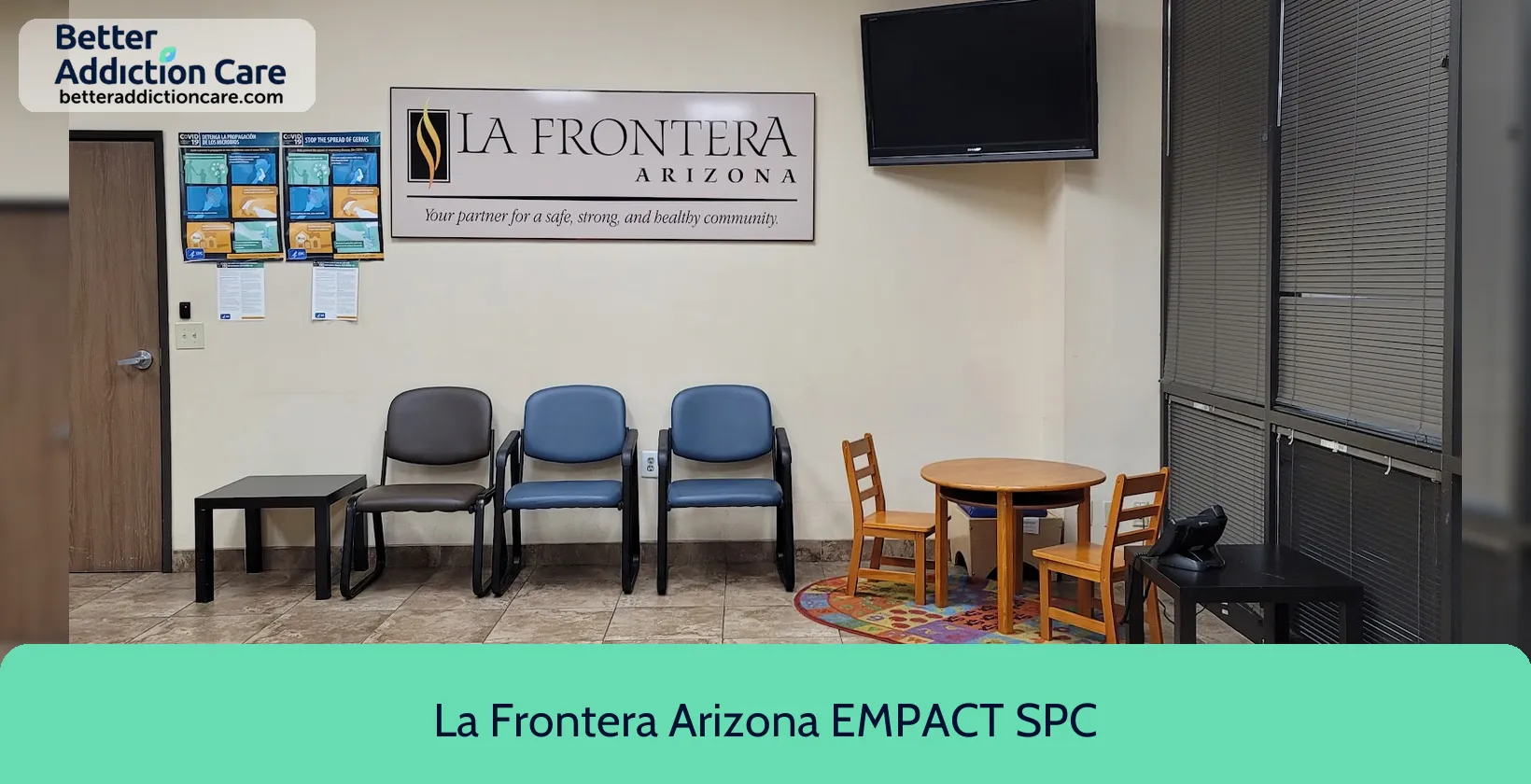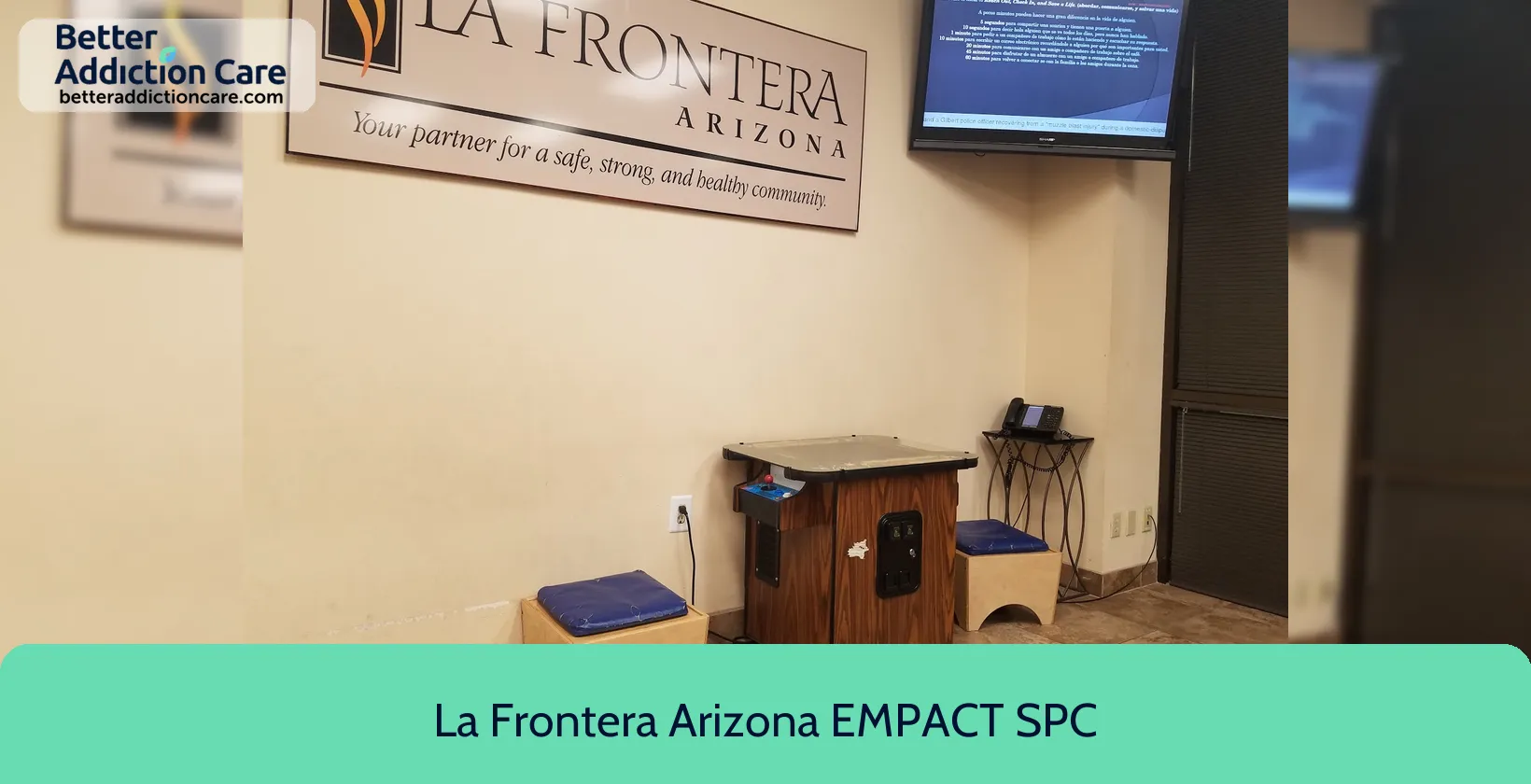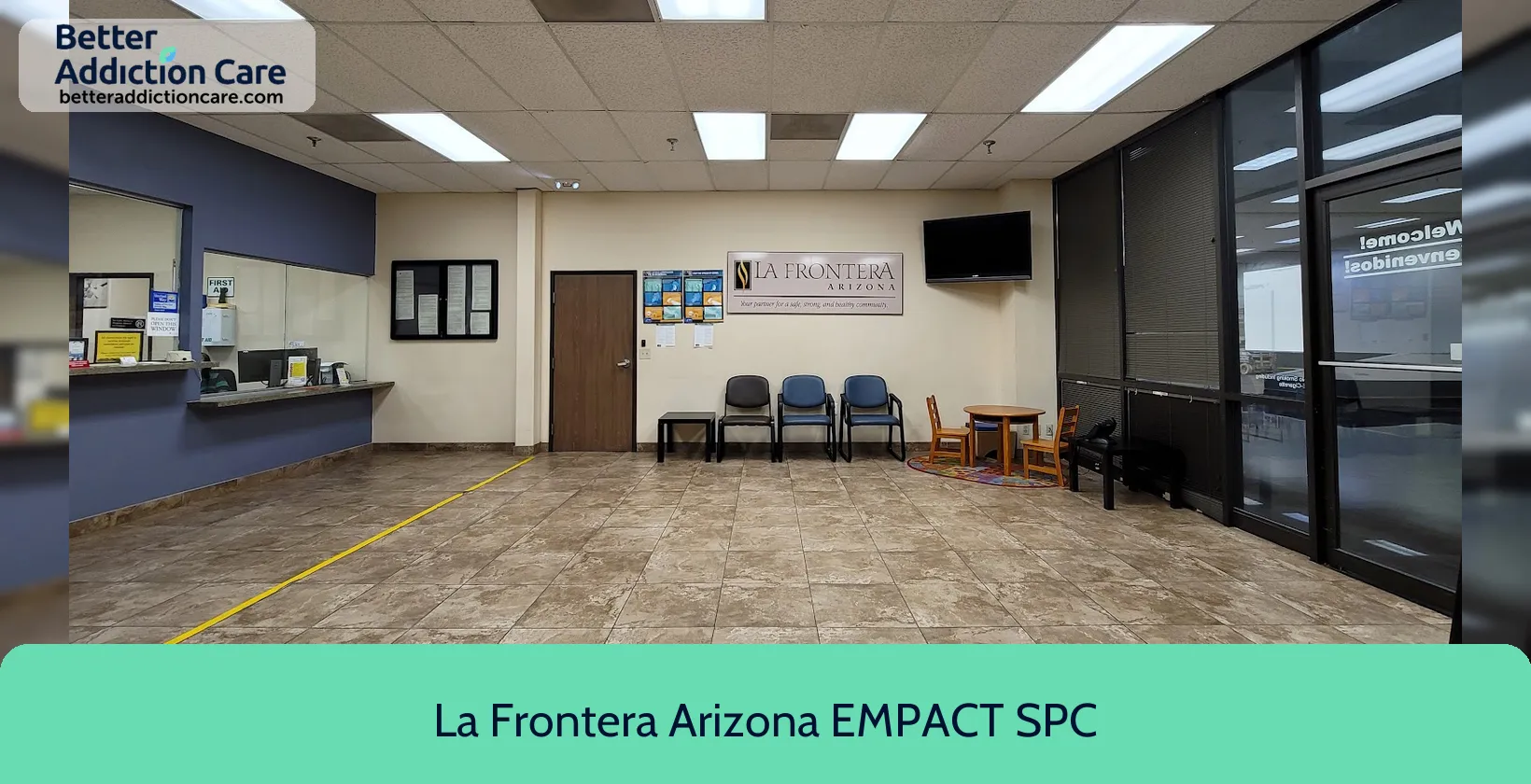La Frontera Arizona EMPACT SPC
Overview
La Frontera Arizona EMPACT SPC is a mental health treatment center for people seeking treatment near Maricopa County. As part of their treatment modalities for recovery, La Frontera Arizona EMPACT SPC provides individual psychotherapy, couples/family therapy, and cognitive behavioral therapy during treatment. La Frontera Arizona EMPACT SPC is located in Glendale, Arizona, accepting cash or self-payment for treatment.
La Frontera Arizona EMPACT SPC at a Glance
Payment Options
- Cash or self-payment
- Medicaid
- Community Mental Health Block Grants
- Federal, or any government funding for substance use treatment programs
- Sliding fee scale (fee is based on income and other factors)
Assessments
- Screening for tobacco use
- Comprehensive mental health assessment
- Comprehensive substance use assessment
- Interim services for clients
- Outreach to persons in the community
Age Groups
- Adolescents
- Children/adolescents
- Young adults
- Adults
- Seniors
Ancillary Services
- Case management service
- Diet and exercise counseling
- Family psychoeducation
- Psychosocial rehabilitation services
- Suicide prevention services
Highlights About La Frontera Arizona EMPACT SPC
7.17/10
With an overall rating of 7.17/10, this facility has following balanced range of services. Alcohol Rehabilitation: 8.00/10, Drug Rehab and Detox: 6.00/10, Insurance and Payments: 6.00/10, Treatment Options: 8.67/10.-
Treatment Options 8.67
-
Alcohol Rehabilitation 8.00
-
Drug Rehab and Detox 6.00
-
Insurance and Payments 6.00
Accreditations
State department of health:

Government agencies issue State Licenses, granting permission to rehabilitation organizations to conduct their business operations lawfully within specific geographic regions. Generally, the particular rehabilitation programs offered by a facility and its physical location dictate the necessary licenses needed for legal operation.
Commission on Accreditation of Rehabilitation Facilities (CARF):

CARF accreditation is a prestigious recognition for organizations in rehabilitation and human services. It signifies that an organization meets rigorous quality standards and is committed to providing top-notch care. Achieving CARF accreditation involves a thorough evaluation process, including on-site surveys, to ensure excellence in programs and services. This accreditation boosts an organization's credibility, assures clients and funders of quality, and promotes ongoing improvement in the field of rehabilitation and human services.
Treatment At La Frontera Arizona EMPACT SPC
Treatment Conditions
- Alcoholism
- Mental health treatment
- Substance use treatment
- Co-occurring Disorders
Care Levels
- Outpatient
- Intensive outpatient treatment
- Regular outpatient treatment
- Aftercare
Treatment Modalities
- Individual psychotherapy
- Couples/family therapy
- Cognitive behavioral therapy
- Dialectical behavior therapy
- Integrated Mental and Substance Use Disorder treatment
Ancillary Services
Languages
- Sign language services for the deaf and hard of hearing
Additional Services
- Pharmacotherapies administered during treatment
- Mentoring/peer support
- Metabolic syndrome monitoring
Special Programs
- Veterans
- Clients who have experienced trauma
- Clients who have experienced sexual abuse
- Clients who have experienced intimate partner violence, domestic violence
- Persons with post-traumatic stress disorder (PTSD)
Get Help Now
Common Questions About La Frontera Arizona EMPACT SPC
Contact Information
Other Facilities in Glendale

6.77

6.71

6.59

7.58

7.58
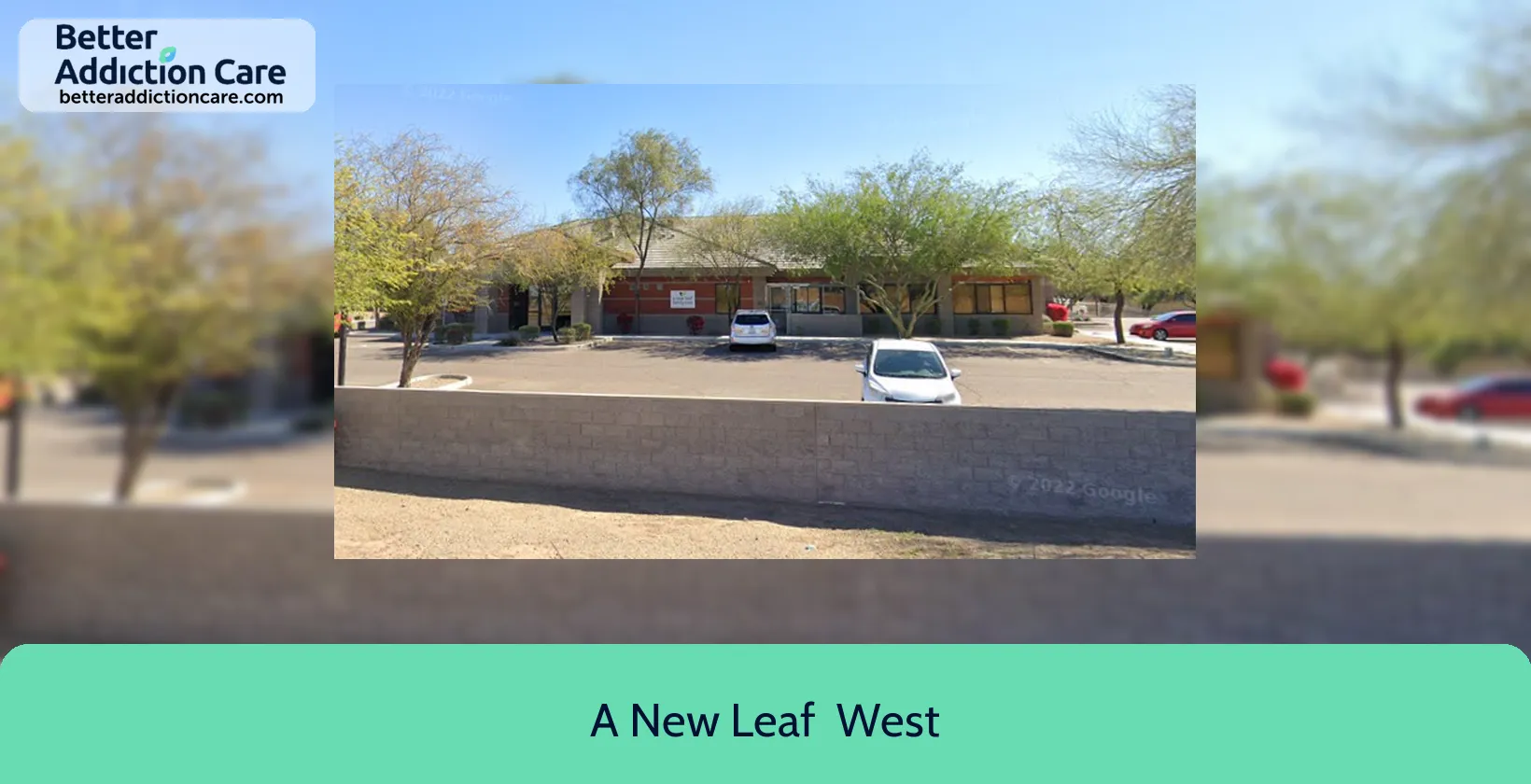
6.65
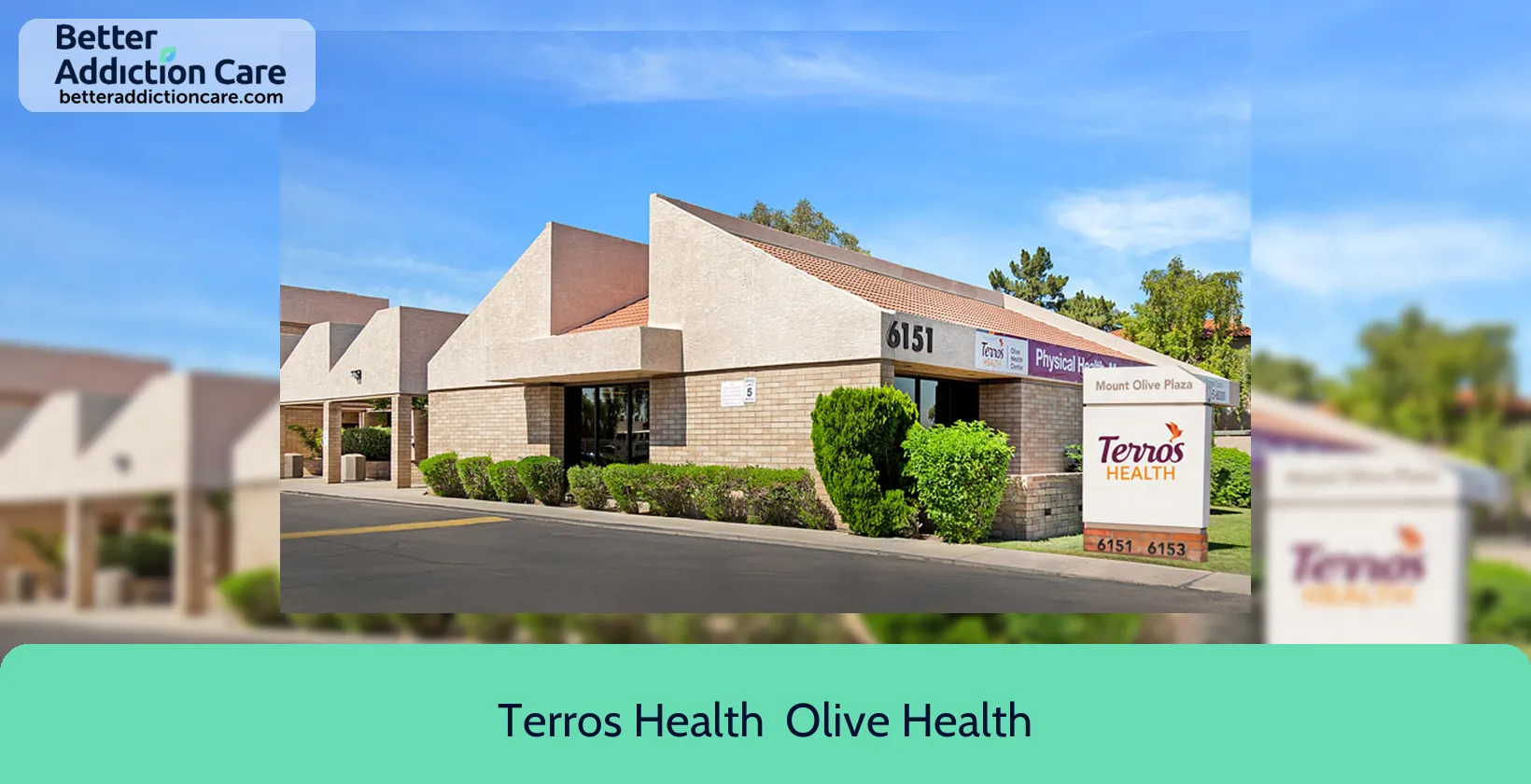
6.68
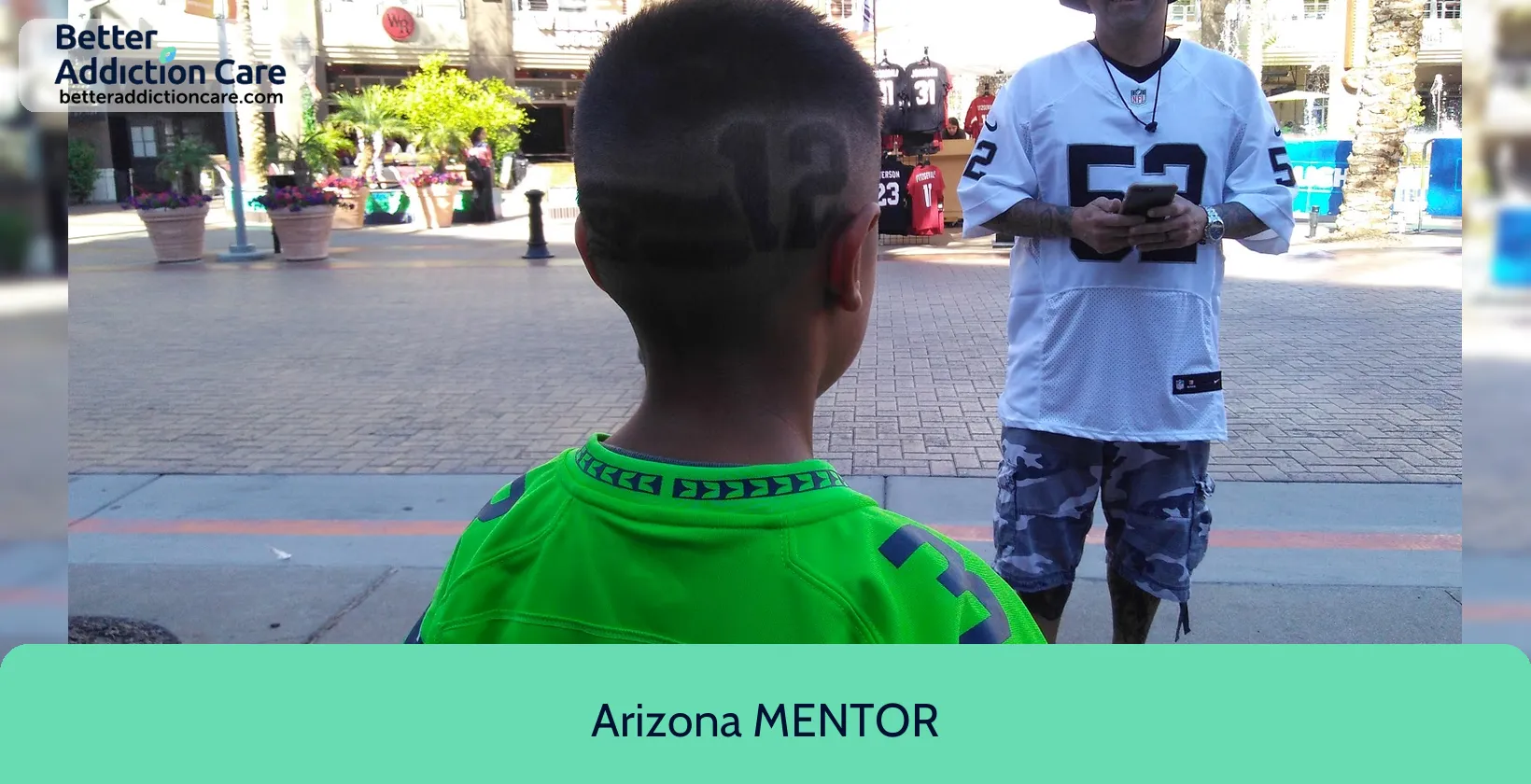
6.59
DISCLAIMER: The facility name, logo and brand are the property and registered trademarks of Arizona MENTOR, and are being used for identification and informational purposes only. Use of these names, logos and brands shall not imply endorsement. BetterAddictionCare.com is not affiliated with or sponsored by Arizona MENTOR.
